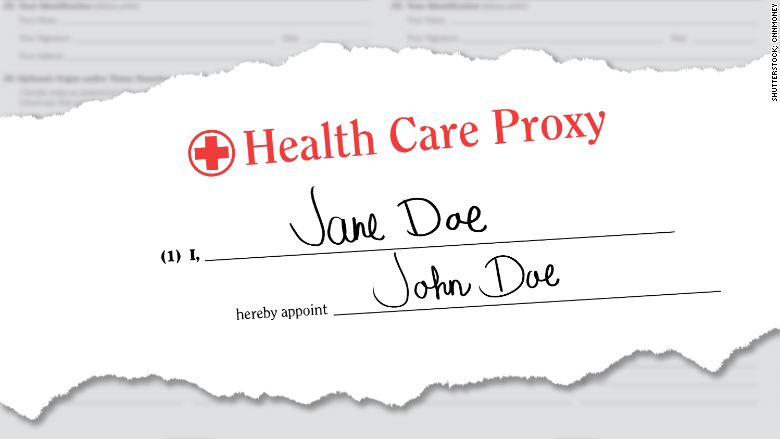Fewer than half of Americans older than 65 have a living will (also called an advance directive), according to a recent Consumer Reports National Research Center survey. “The ramifications of not having one are so severe that it’s bewildering that more people don’t do it,” says Howard Krooks, past president of the National Academy of Elder Law Attorneys. Without that document, which spells out your health care wishes if you are unable to speak for yourself, your loved ones will have to guess. If they disagree, the problem could end up in court. You can download state-specific forms at caringinfo.org. Here, other key—but little-known—facts about these important documents:
Young adults must have the documents
Only 7 percent of those ages 18 to 29 have an advance directive. At age 18, your child is an adult for purposes of medical decision-making. Before leaving for college, he or she should sign a Health Insurance Portability and Accountability Act release form and a health care proxy giving you the right to his or her medical information and to make decisions in an emergency. Otherwise, you can be locked out of information and decisions.
The state will name a health care proxy if you don’t
Your proxy is the person you designate to make your health care decisions if you can’t. Not having a health care proxy is like not having a will—without it, your decisions will be made by the default person specified in your state’s law. That is especially critical for same-sex married couples in states that don’t recognize their union. Needless to say, it’s important that your proxy understands your wishes and agrees with them. Make sure you update your proxy on any changes in your documents.
EMTs will act first and read later
“If you have a medical crisis and somebody calls 911, EMTs will come to your house and be on you quickly,” says Linda Fodrini-Johnson, a California geriatric-care manager. “They won’t read through a long advance directive.” If your health has deteriorated to the point where you don’t want resuscitation, have your doctor sign a do-not-resuscitate (DNR) order. Keep it where it can be easily found by EMTs—perhaps hanging it near your front door in a clear plastic sleeve.
An advance directive isn’t always enough
Those who are so seriously ill or frail that they might die within a year may benefit from a POLST form. Short for Physician Orders for Life-Sustaining Treatment, it is much more detailed than a DNR. For instance, in a POLST you can specify whether you want to be tube-fed indefinitely, on a trial basis, or not at all. Unlike an advance directive, a POLST “is a medical order signed by a health care professional with a copy kept by the patient,” explains Amy Vandenbroucke, National POLST executive director. POLST is not available in every state. To learn more, go to polst.org.
Your family and health care proxy need copies
They should have duplicates of key documents that are easily accessible in case of emergency. If you are in fragile health, it’s wise to “have a hospital-ready packet close to your front door,” Fodrini-Johnson advises. In addition to documents, the packet should have the names and contact numbers of family members and doctors, your medication list, and your POLST form (if you have one). Two free ways for family members to electronically share such documents are with the My Health Care Wishes app (for Android and Apple) and the MyDirectives website.
Source: ConsumerReports
